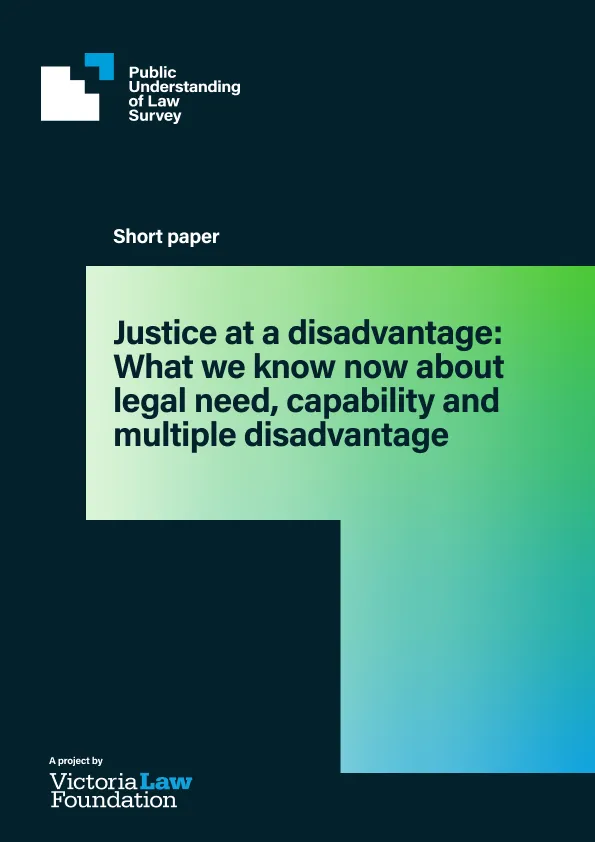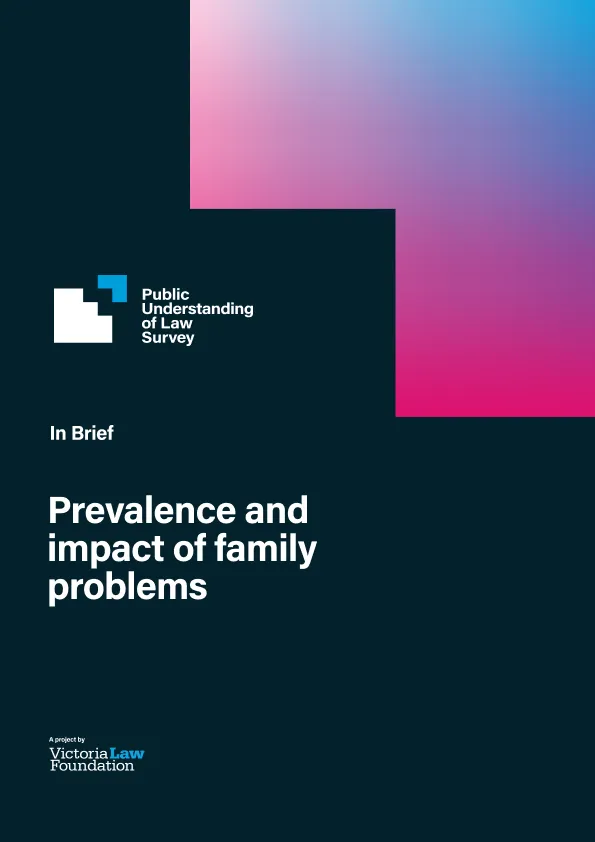The PULS annotated questionnaire
The full PULS questionnaire along with commentary on the questions.

This report sets out the full text and routing of the PULS questionnaire, which is currently in the field, along with commentary on the theoretical background to questions, rationale for their inclusion, details of technical development, references to relevant past studies, as well as PULS showcards.
The Public Understanding of Law Survey (PULS[)]() is an innovative hybrid which adopts approaches from a rich tradition of legal need survey research, with new thinking on the conceptualisation and measurement of legal capability. The annotated PULS questionnaire illustrates the approach.
We wanted to make the questionnaire available in advance of any survey findings as part of our commitment to open science, and so others can draw upon the PULS approach.
Using the PULS questionnaire
We would love you to use or adapt the PULS questionnaire in full or part, and hope you find it useful! And if you do find it useful we would love you to cite the PULS annotated questionnaire, which you do like the below.
Balmer N.J., Pleasence, P., McDonald, H.M. & Sandefur, R.L. (2022). The Public Understanding of Law Survey (PULS) Annotated Questionnaire. Melbourne: Victoria Law Foundation.
Understanding the impact of the PULS questionnaire
Join us on the journey! Please let us know how you plan to use, or how you have used, the PULS annotated questionnaire by getting in contact.
We appreciate your feedback, as it will help us understand the impact and utility of this questionnaire in the research community.
Download
The full PULS questionnaire along with commentary on the questions.

Key findings
Implications and insights
Frequently asked questions
Publication resources
Similar publications
You may be interested in these other research publications.




